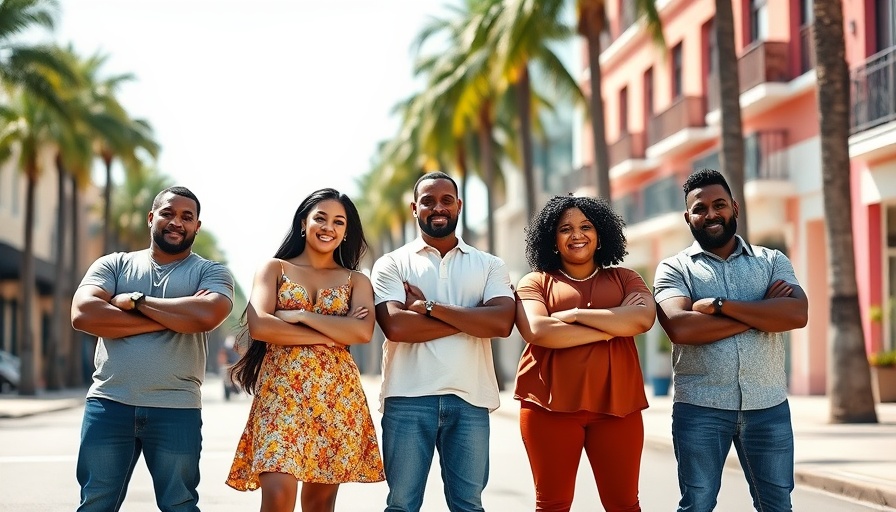
A Battle Against Predatory Lawsuits in Long Beach
In an ongoing struggle for fairness and accessibility, bar owners in Long Beach are standing up against what they describe as predatory discrimination lawsuits targeting their establishments. Bar owners like Thea Mercouffer of The Wicked Wolf and Christina Cabrera from PBS Pub have united in response to lawsuits filed against them that claim violations of the Americans with Disabilities Act (ADA). These lawsuits, spearheaded by a San Diego law firm, are causing widespread concern among small business owners, who argue they are being unfairly targeted.
Grounds for Lawsuits: A Closer Look
One notable case involves Mercouffer, accused of not providing adequate wheelchair access in her bar. The lawsuit, filed by Marvin Barnett—which included numerous similar claims against other bars—alleges that patrons faced “difficulty, discomfort and embarrassment” due to the lack of accessible facilities. However, Mercouffer counters that the evidence presented is misleading, as they did include compliant facilities, calling into question the motivations behind such lawsuits.
The Alarming Trend of 'Spotters'
As bar owners like Mercouffer gather to defend themselves, they share a common concern: the rise of ‘spotters’—individuals who are allegedly hired to seek out and document perceived accessibility violations in local establishments. This tactic raises ethical questions about the legitimacy of such claims and whether the intentions are genuinely to promote accessibility or merely to profit from quick settlements.
How ADA Lawsuits Affect Small Businesses
Small business owners across the country are increasingly feeling the financial and emotional strain of ADA lawsuits. Many argue that valid access needs to be balanced with the understanding that such lawsuits can stifle entrepreneurship. As evidenced by Mercouffer's default judgment of nearly $9,000, the financial implications of these lawsuits can be devastating for small bar owners already operating on tight margins.
A Divided Perspective on Disability Lawsuits
While business owners like Mercouffer express feelings of being victimized by the legal system, Brian Andrews, founder of the Andrews Law Group, emphasizes the importance of holding businesses accountable for accessibility. Andrews argues that people with disabilities deserve equal access and that the existence of these lawsuits creates necessary pressure for ADA compliance. This dichotomy reflects a broader national conversation about civil rights, the legal obligations of business owners, and the rights of disabled individuals.
The Impact on Community and Business
As the Long Beach bar community rallies together to combat these allegations, they are not only defending their livelihoods but also advocating for a fair interpretation of the ADA. Their goal is to encourage businesses to take genuine steps towards improved accessibility while also protecting themselves against what they perceive as opportunistic litigators. Business owners like Cabrera hope that by standing firm, they can deter future lawsuits and promote a culture of accessibility that is sincere rather than exploitative.
Call to Action: Supporting Small Local Businesses
As this issue unfolds, local communities must recognize the importance of defending their small businesses while promoting accessibility. It’s crucial for consumers to engage with businesses that prioritize inclusivity and for policymakers to strive for reforms that balance the promotion of disability rights with the protection of local entrepreneurs.
 Add Row
Add Row  Add
Add 




Write A Comment